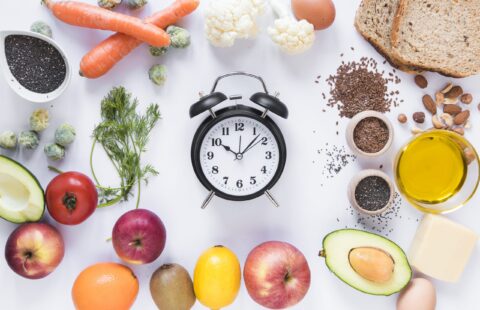 Human kidney cross section on scientific background. 3d illustration © AdobeStock
Human kidney cross section on scientific background. 3d illustration © AdobeStock
The teams from the kidney transplantation department of Necker-Enfants Malades AP-HP hospital, Inserm and Paris Cité University, as part of the Paris Translational Research Center for Organ Transplantation (PARCC), coordinated by doctor Olivier Aubert and Professor Alexandre Loupy conducted a study on the benefit of liquid biopsy (cfDNA) as a technique for predicting kidney transplant rejection. This consists of detecting, in the blood of patients who have undergone a transplant, the DNA of their donor, with the aim of non-invasively predicting the rejection of the transplanted organ.
The results of this study were the subject of a publication published on June 2, 2024 in the journal Nature Medicine , accompanied by an editorial.
Allografts are the most commonly performed grafts, between two genetically different individuals of the same species. We speak of an allograft when the patient (or recipient) is grafted with cells from a healthy subject. Allograft rejection constitutes a major public health issue, which can have numerous consequences on the patient’s quality of life, even causing their death. Allograft rejections affect nearly 20% of patients in the following year.
The objective of this study is to show the usefulness of a liquid biopsy for kidney transplant patients. This technique consists of detecting, in the blood of patients who have undergone a transplant, the DNA of their donor, with the aim of predicting and non-invasively the rejection of the transplanted organ.
This study included nearly 3,000 kidney transplant patients from 14 transplant centers in Europe and the United States, all aged around 55 years, with a majority of men (61%). The cfDNA is integrated into a multimodal prediction algorithm¹ . Levels of cfDNA² have been shown to be strongly linked to different types of transplant rejection, including antibody-mediated rejection and T cell-mediated cellular rejection.
Thanks to this method, researchers will be able to determine, for each patient and in a non-invasive manner using a simple blood test, the probability of having a rejection of the transplanted organ. Additionally, analyzes revealed that adding cfDNA to existing monitoring models improves not only the detection of clinical rejections, but also subclinical rejections (not detectable with currently available tools), allowing for earlier therapeutic interventions. and more efficient.
Liquid biopsy, combining the usual transplant monitoring parameters with cfDNA, makes it possible to avoid unnecessary and invasive biopsies while detecting rejections more quickly with better precision. This approach can also reduce healthcare costs while considerably simplifying the care pathway for transplant patients. This non-invasive method offers a new way for monitoring transplant patients. Today, the liquid biopsy approach also extends to heart, lung and liver transplant recipients.
1. A type of artificial intelligence in which multiple data sources and numerous intelligent processing algorithms are combined to solve complex problems and achieve greater accuracy.
2. cfDNA levels indicate the intensity of inflammation and rejection of the transplanted organ.
These contents could be interesting :
Cell-Free DNA for the detection of kidney allograft rejection
Nature Medicine, 2 June 2024
DOI : https://doi.org/10.1038/s41591-024-03087-3
Olivier Aubert, Cindy Ursule-Dufai, Romain Brousse, Juliette Gueguen, Maud Racapé, Marc Raynaud, Elisabet Van Loon, Angelica Pagliazzi, Edmund Huang, Stanley C Jordan, Kenneth D Chavin, Gaurav Gupta, Dhiren Kumar, Tarek Alhamad, Sanjiv Anand, Jorge Sanchez-Garcia, Basmah A Abdalla, Julien Hogan, Rouba Garro, Darshana M. Dadhania, Pranjal Jain, Didier A Mandelbrot, Maarten Naesens, Raja Dandamudi, Vikas R. Dharnidharka, Dany Anglicheau, Carmen Lefaucheur, Alexandre Loupy

